A loss run is a document provided by your insurance company that provides details about all claims that have been made during your policy period. Loss runs are used to analyze the number and type of claims you make, and the financial impact of those claims. These reports help insurance companies make an informed decision about whether to insure a potential new client.
Without viewing the loss run report, the insurance company risks the possibility of taking on a high-risk applicant with a history of excessive claims. Simply put, your claim history can affect your company’s insurance rates! Having a claims history with little activity can lead to better pricing, while a lengthy or frivolous claims history can increase your pricing and/or make you an undesirable client.
Why Loss Runs are Necessary
Your insurance agent may ask for a loss run report for several reasons. Loss runs may be required if your agent is wishing to move your coverage to a new carrier, or if you are asking your agent to remarket your policy to other carriers. This could happen if you are looking for a better rate, different coverage, or have an excessive claims history with your current carrier.
As mentioned above, the potential carriers will use your loss run report as a risk assessment to decide whether to take you on as a client or not. It will also help the insurance company determine pricing and other terms of your potential contract.
Another situation that would require a loss run report is when your agent is auditing your account. The loss run report includes the following information that will help with the audit:
- Name of the insured
- Date each claim occurred and date each claim was reported
- Description of each incident
- Type of claim – general liability, professional liability, commercial property, etc.
- Amount paid for legal fees, medical expenses, property damage, or settlements
- Whether the claim is open or closed
Having all of the above information will help your agent get a comprehensive view of your insurance history and review it for accuracy. The audit can help an insurance company decide whether to renew your association’s policy.
Aim for a Good Record
It’s important to avoid unnecessary claims submissions by practicing risk management, establishing high deductibles, and processing small claims through your reserve fund. These steps will help your association save money in the long run by producing favorable loss run reports during your application and renewal processes, thereby maintaining good rates for your coverage.




